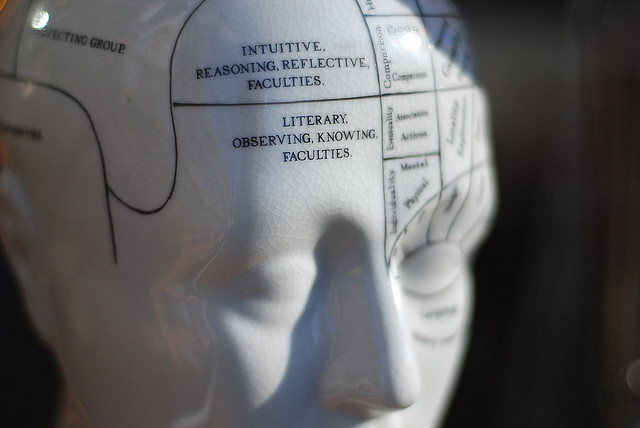Ryan Leef, Member of Parliament for Yukon
Dear Ryan,
On November 17, CBC’s, The Current, had a feature on Keystone XL pipeline and its potential effect on Canada’s ability to achieve its 2020 greenhouse gas emissions targets. Anna Maria Tremonti mediated a debate between Keith Stewart from Greenpeace and Ron Liepert, a senior advisor for the Canadian Strategy Group and the nominated federal Conservative Party candidate for Calgary Signal Hill.
In a 22 minute episode, Mr. Liepert referred to people concerned about climate change as “extremist” twice, “extreme environmentalists” twice and just plain “extreme” once. Ms. Tremonti pointed out that this was exactly the sort of language used to describe ISIS. Mr. Liepert was unrepentant and continued to slander environmentalists.
Mr. Liepert is used to addressing conservatives. And now there is an explanation for why slanderous fear mongering is so persuasive with this group.
A 2011 study done by University College of London on the brains of students revealed something very interesting. The amygdala in self-identifying conservatives was larger than normal. The amygdala, often referred to as the reptile brain, is responsible for emotions such as fear and rage. The conservative subjects did not have larger brains than their non-conservative counter-parts. Rather the conservative brains had a corresponding reduction in the size of the anterior cingulate cortex, which is the part of the brain associated with empathy, curiosity and cognitive functions.
Now, The Current‘s audience tend to be well-informed, reasoning people. And Ron Liepert is not a stupid person. So, why was he using this kind of language when he knows well that most CBC listeners would not be persuaded by slander? Was it a veiled threat to those listeners who might speak out in favour of action on climate change?
A common practice in Alberta right-wing political circles, of which Ron Liepert is an established member, is to use character assassination to counter act opposition and criticism. For example, a tactic used by the Alberta Energy Resources Conservation Board, (ERCB), against Jessica Ernst in her lawsuit with ENCANA and the Alberta government was to accuse her of “eco-terrorism.”
(Jessica Ernst has been embroiled in a lawsuit against ENCANA and the Alberta government over culpability in the contamination of her well water, allegedly a result of fracking. The case is now before the Supreme Court of Canada.)
I would contend that the federal Conservative Party borrows heavily from tactics used by Alberta conservatives and the fossil fuel industry. Conservatives have frequently referred to environmentalists as “radicals,” “extremists” and “terrorists.” In 2012, then Public Safety Minister, Vic Toews, lumped environmentalists with white supremacists. Foreign Affairs Minister, John Baird spoke about “a carbon tax that would kill and hurt Canadian families.” Then Natural Resources Minister, Joe Oliver, warned on a Canadian government website, “These groups threaten to hijack our regulatory system to achieve their radical ideological agenda.” In the same year, a poll commissioned by Sun News found that one in two respondents feared attacks by “eco-terrorists.”
(Only half of Sun News readers have enlarged amygdalae? I would have expected the number to be higher.)
With the exception of Mr. Liepert, there has been a general dial down of public Conservative Party rhetoric on environmentalism since last month’s attack on Parliament demonstrated what an actual “extremist” looks like. But who knows how long this will last. And there are plans afoot to increase the ability of Canadian Security intelligence Service (CSIS) and the police to spy on “extremists” and “terrorists.”
Bill C-44, Protection of Canada from Terrorists Act, will allow the, CSIS, greater surveillance powers. Bill C-13, the Anti-cyberbullying Bill will allow police to conduct more surveillance of Canadians with little in the way of oversight or accountability. Since the attack in October, other actions have been discussed. Justice Minister MacKay said, “We’re examining all of those sections of the Criminal Code and all measures under the law that will allow us to, in some instances, take pre-emptive measures.”
Pre-emptive measures taken against whom?
Was the recent attack on Parliament by a deranged individual a gift to Conservatives who seek opportunities to silence and persecute critics of the current federal government’s environmental and resource development policies?
Ryan, please support a measured response to the needs of national security that include protection of human rights, the right to privacy and the right to freedom of speech. To do otherwise is to let the “extremists” win.



